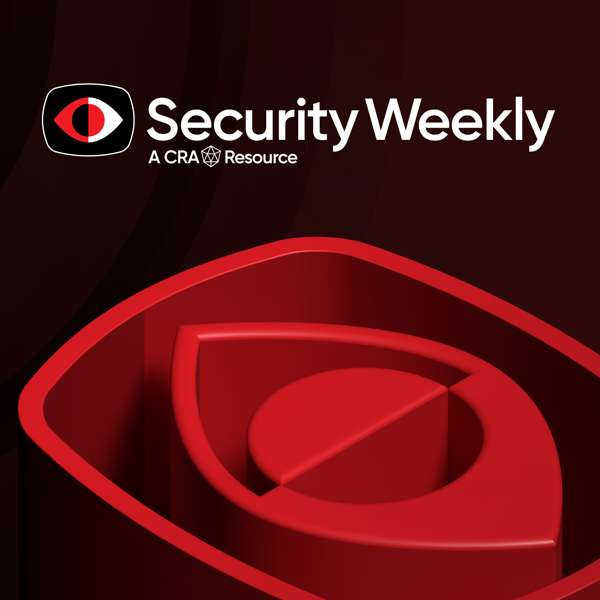On September 20, the United States House Financial Services Committee met to discuss the CBDC Anti-Surveillance State Act. The debate over the bill went beyond strictly financial and technical issues, with references to Star Wars, anarchists, and crypto bros.
One of the main concerns raised by opponents of the bill is the potential for CBDCs to be used by the government to surveil and control its citizens. CBDCs are essentially digital forms of fiat currency that are issued and controlled by central banks. This means that the government would have the ability to track all CBDC transactions and potentially even freeze or confiscate individual wallets.
Another concern is that CBDCs could be used to create a more centralized and less competitive financial system. This is because the government would be the sole issuer of CBDCs, and it would have the ability to set fees and interest rates. This could give the government undue power over the economy and make it more difficult for new financial institutions to compete.
Despite these concerns, the House Financial Services Committee approved eleven bills on September 20, aimed at enhancing national security, safeguarding the financial privacy of Americans, and ensuring that a central bank digital currency (CBDC) cannot be created without clear permission from Congress.
The bills that were approved cover a range of topics, including:
- Requiring the Federal Reserve to conduct a comprehensive risk assessment of CBDCs before issuing one
- Prohibiting the Federal Reserve from using CBDCs to implement monetary policy
- Ensuring that CBDCs are designed to protect the financial privacy of Americans
- Requiring the Federal Reserve to obtain clear permission from Congress before issuing a CBDC
While these bills are still in the early stages of the legislative process, their approval by the House Financial Services Committee is a positive step forward for those who are concerned about the potential risks of CBDCs. It suggests that there is a growing recognition in Congress of the need to take steps to protect Americans from the potential negative consequences of CBDC implementation.
What does it all mean?
The debate over CBDCs is complex and multifaceted. It raises a number of important ethical, philosophical, financial, and technical questions.On the one hand, CBDCs have the potential to revolutionize the global financial system. They could make it easier, faster, and cheaper to send and receive money. They could also help to reduce financial exclusion and promote financial inclusion.
On the other hand, there are a number of potential risks associated with CBDCs. One of the biggest concerns is that CBDCs could be used by governments to surveil and control their citizens. Another concern is that CBDCs could be used to create a more centralized and less competitive financial system.
The recent debate in the United States House Financial Services Committee reflects the wide range of opinions on CBDCs. It is clear that there is a need for further research and discussion before CBDCs are widely adopted.
What can you do?
If you are concerned about the potential risks of CBDCs, you can take a number of steps. First, you can educate yourself about CBDCs and the potential risks and benefits associated with them. Second, you can contact your elected representatives and let them know your views on CBDCs. Third, you can support organizations that are working to protect Americans from the potential negative consequences of CBDC implementation.

 Our TOPPODCAST Picks
Our TOPPODCAST Picks  Stay Connected
Stay Connected







